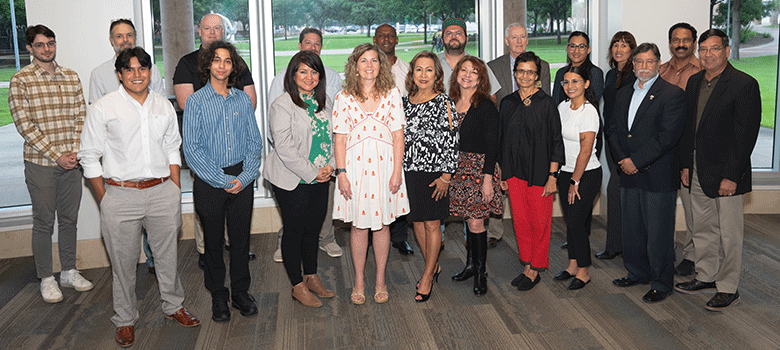Uber and Lyft have recently reached a $175 million settlement with Massachusetts state prosecutors that allows their drivers to remain classified as independent contractors rather than employees. This settlement comes after almost four years of litigation initiated by the Massachusetts attorney general’s office, which sought to challenge the rideshare companies’ classification of their drivers’ employment status.
The lawsuit alleged multiple violations of Massachusetts wage and hour laws and argued that Uber and Lyft drivers should be classified as employees under state law. Massachusetts law stipulates that individuals performing services for another party are considered employees unless they meet specific criteria, including being free from the alleged employer’s direction or control, performing services outside the usual course of the employer’s business, and being engaged in an independently established trade or occupation.
The settlement includes several key terms that aim to provide significant benefits to rideshare drivers. The companies have agreed to pay a total of $175 million to the state, with the majority of the settlement amount being distributed to current and former drivers. Details on how drivers can file claims will be announced by the attorney general’s office in the coming weeks.
In addition to the financial settlement, the agreement also mandates that drivers be paid a minimum of $32.50 per hour for time spent traveling to pick up riders and driving them to their destination. This hourly rate will be adjusted annually for inflation. Furthermore, drivers will now have access to benefits such as paid sick time, paid Family and Medical Leave, health insurance stipends, and occupational accident insurance.
The settlement also includes provisions for non-discrimination and retaliation protections for drivers, in-app language support, trip information transparency, and an annual audit to ensure compliance with the agreement. By reaching this settlement, Uber and Lyft have avoided a potentially negative decision regarding the classification of rideshare drivers and have preserved the flexibility of their independent contractor model.
This settlement could serve as a model for other companies operating in the gig economy and may influence similar cases in other states. It could also help prevent widespread reclassification efforts and litigation. The agreement also has implications beyond Massachusetts, as it demonstrates a potential path forward for balancing the flexibility of independent contractor status with important protections for workers in the gig economy.
Looking ahead, there are other significant developments on the horizon. The California Supreme Court recently heard arguments challenging a ballot measure that allows drivers to be classified as independent contractors as long as they meet certain criteria. A decision is expected in the coming months, and if affirmed, it could further solidify the model of independent contractors with benefits in the gig economy.
In conclusion, the settlement between Uber, Lyft, and Massachusetts state prosecutors represents a milestone for the gig economy. By providing benefits to drivers while maintaining their independent contractor status, this agreement sets a precedent for how companies can navigate the evolving landscape of worker classification in the gig economy.


















